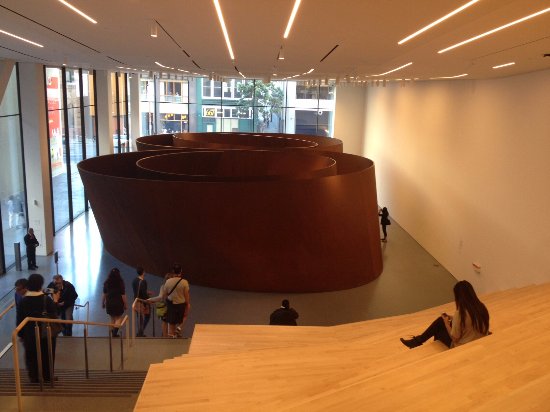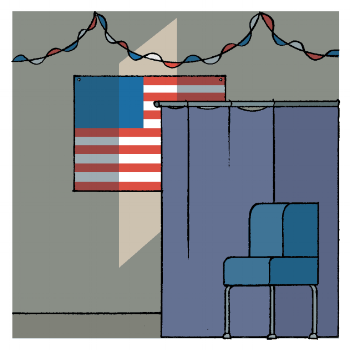Koven’s first two-year term started two years ago, and was just renewed, as she continues to expand and improve her approach, while working with other institutions to bring literature more intimately and actively into the field.
“There’s a big appetite for this thing,” she said. “When I started, one apprehension I had is that I thought it would be hard for me to explain what I was doing. But it turned out to be very easy to explain. It’s this longing to communicate and plumb issues of medicine through the refractive lens of literature. It turned out to be an easy sell.”
Koven says that the profession of medicine takes people who are socially apt and isolates them within very hierarchical structures and boundaries – and yet the everyday stories in medicine are rich with a pathos that begs to be shared. This tension creates a longing for connection and understanding that literature can mine.
“One of the insights I got from doing the reading group is that people are dying to talk,” she says. “And literature gives you permission to talk. Literature creates a safe space. It also helps with team building and breaking down barriers with groups in conflict. It’s a place to talk about things that are more than superficial.”
Koven chooses texts that draw out broader human themes then asks questions that invite people to speak from clinical and personal experiences. Participants talk about the book, but also parallels they might experience in their own lives and profession.
“It just enriches the experience of this crazy thing we all do, dealing with people in these very intense and emotional moments,” she says. “That’s been for me an exhilarating aspect of doing this work.”
If you’re interested in connecting with Dr. Koven or learning more about the reading groups and discussions she leads, go to www.suzannekoven.com
In honor of the marriage of literature and medicine, we share this winning poem of the Hippocrates Open International Prize for Poetry and Medicine, by Harvard poet and physician Rafael Campo.
Morbidity and Mortality Rounds
By Rafael Campo
Forgive me, body before me, for this.
Forgive me for my bumbling hands, unschooled
in how to touch: I meant to understand
what fever was, not love. Forgive me for
my stare, but when I look at you, I see
myself laid bare. Forgive me, body, for
what seems like calculation when I take
a breath before I cut you with my knife,
because the cancer has to be removed.
Forgive me for not telling you, but I’m
no poet. Please forgive me, please. Forgive
my gloves, my callous greeting, my unease—
you must not realize I just met death
again. Forgive me if I say he looked
impatient. Please, forgive me my despair,
which once seemed more like recompense. Forgive
my greed, forgive me for not having more
to give you than this bitter pill. Forgive:
for this apology, too late, for those
like me whose crimes might seem innocuous
and yet whose cruelty was obvious.
Forgive us for these sins. Forgive me, please,
for my confusing heart that sounds so much
like yours. Forgive me for the night, when I
sleep too, beside you under the same moon.
Forgive me for my dreams, for my rough knees,
for giving up too soon. Forgive me, please,
for losing you, unable to forgive.
















